Integrated ERP with CRM: The Smartest Accounting, HR, and Inventory Choice for Qatar (2025)
As Qatar’s economy becomes increasingly digital and diversified, local companies are under greater pressure to update their operations. Whether you trade, build, operate a logistics company, or offer services, having your company operate on standalone systems is not an option.
The smartest Qatari companies in 2025 are relying on CRM ERP systems that integrate essential functions such as accounting, HR, sales, and inventory, all within a single cloud-based solution. For small and medium-sized enterprises in Doha, Lusail, and across Qatar, the perfect cloud ERP with a built-in CRM is the new benchmark for expansion, rule compliance, and business excellence.
Why CRM ERP Integration Is Essential for Qatar’s Business
Legacy ERPs and standalone CRMs never talk to each other. Finance might be on one system, HR on a second one, and sales is probably still on Excel or WhatsApp. This siloed strategy leads to poor decisions, missed reporting, and compliance issues.
With Qatar’s fast-paced business and regulatory environment, a CRM ERP solution gives you a single source of truth, allowing you to make faster, data-driven decisions that address MOCI regulations, GRSIA compliance, and pressing customer needs.
Get Complete Visibility Across Finance, HR, and Sales in Real Time
Qatari finance managers need immediate access to everything from payroll commitments to VAT-compliant invoices. A CRM ERP means your sales, financial, and HR personnel can all work together in real time, with centralized dashboards and automatically linked records.
No more waiting for monthly reconciliations. No more manual reporting. Just real-time transparency of data throughout your organization.
Stay Compliant with GRSIA & Payroll Standards with Ease
Whether it’s GRSIA contribution management, Qatar compliance, or salary pay-out automation via WPS-compliant files, a top-performing cloud ERP solution with out-of-the-box compliance capabilities has you audit-ready at all times.
With HostBooks, for example, you have locally installed payroll and e-invoicing functionality configured to the Qatar regulatory requirements, including out-of-the-box support for Arabic user interfaces.
Optimize Procurement & Inventory for Qatar’s Trading and Logistics Hubs
Qatar’s logistics and distribution hubs, from Mesaieed to Umm Salal, employ lean inventory control to avoid overstock and underutilization. Each purchase order, each delivery note, and every stock movement can be tracked, automated, and completely cost in real time through an integrated CRM ERP.
For wholesalers and producers, this translates into increased precision, improved terms from vendors, and less money down the drain.
Deliver Personalized Customer Service with a 360° CRM View
Qatar’s B2B and B2C customers demand speed and customization. Your sales reps can’t view real-time inventory, invoice history, or payment terms with a dysfunctional CRM. A CRM ERP system fixes this with a total 360° view of each customer, with inventory, accounts, and delivery schedules connected.
Close deals faster. Deliver better. Track customers from lead to lifetime value, all in your best cloud ERP dashboard.
Cloud ERP Is the Future for Qatar’s National Vision 2030 Goals
With Qatar’s National Vision 2030 moving forward with digital adoption, cloud-first ERP solutions are the way forward. On-premise software is challenging to scale, expensive to host, and risky from a cybersecurity standpoint.
The best cloud ERP solutions offer:
- Redundancy of data with secure backups
- Mobile access for hybrid workforces
- AI-powered automation for faster workflows
- Qatar tax features and Arabic localization
Key CRM ERP Features That Matter for Qatari Businesses
To help your business in 2025 and beyond, your CRM ERP system must deliver:
- Native Arabic interface for group-wide access
- GRSIA and WPS-enabled payroll automation
- Integrated modules for accounting, HR, CRM, and inventory
- Integrated e-invoicing with QR code and XML compliance
- Cloud hosting with Qatari data residency (where required)
- Local-level implementation partners and field support
Why HostBooks Works for Qatari Companies
For many SMEs and mid-market businesses in Qatar, the challenge isn’t finding software; it’s finding a system that truly works within the country’s regulatory, linguistic, and operational realities. HostBooks addresses these pain points by offering a unified cloud-first ERP platform that connects accounting, HR, inventory, payroll, and CRM in one place.
Here’s how it solves common challenges for Qatari businesses:
- Language barriers in daily operations – Arabic-language interface for finance, HR, and CRM users ensures teams can work comfortably and accurately.
- Payroll compliance headaches – GRSIA-compliant payroll with automated WPS file creation helps avoid penalties and speeds up monthly processing.
- Scattered customer data – Integrated CRM and ERP functions for sales, leads, and customer care tracking ensure that all client information remains connected to the financial and operational aspects of the business.
Don’t Let Legacy Systems Hold You Back
If your Qatari business is still using spreadsheets or stand-alone software, 2025 is your deadline. The digital economy doesn’t wait for anyone, nor should your tech stack. The advanced cloud ERP with CRM ERP functionality is not just an add-on to a system. It’s a solution to change your business, cutting costs, improving compliance, and facilitating scalable growth.
Make the leap from disconnected to future-proof?
HostBooks is your guide to synchronized ERP success in Qatar.

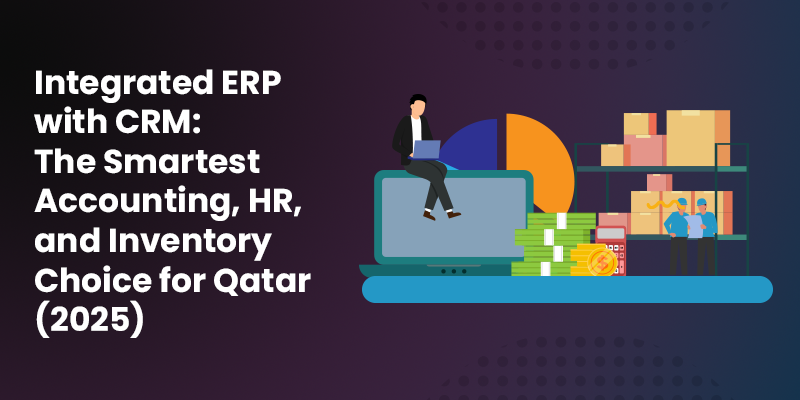
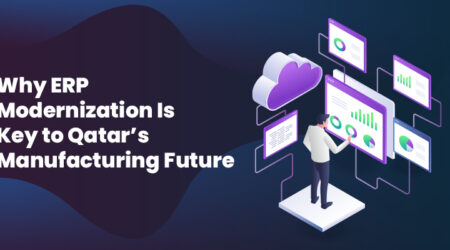
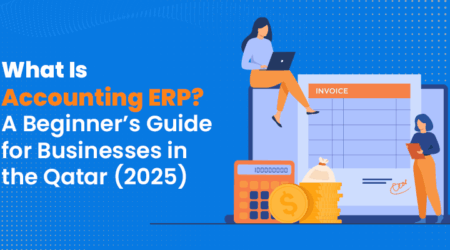

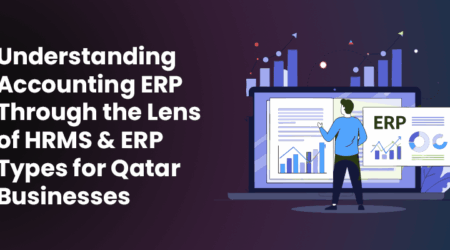
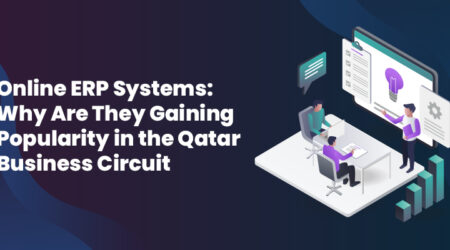
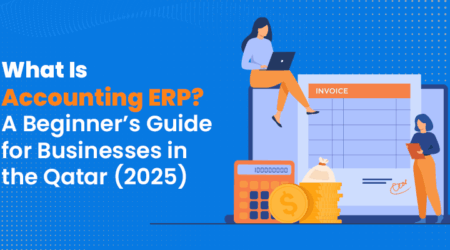

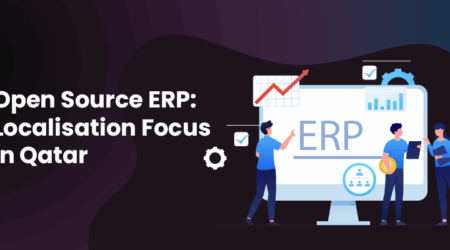
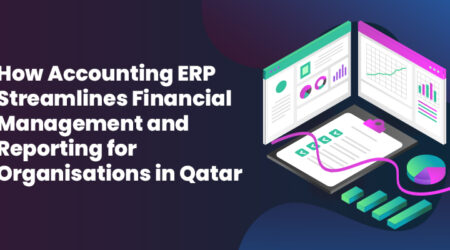
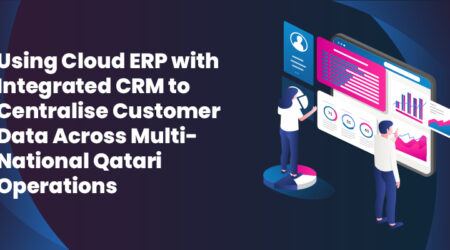
Leave a Reply